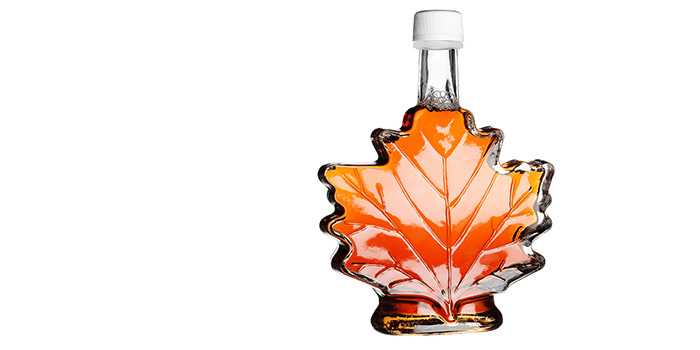Is Maple Water the Next Coconut Water?

Look out, coconut water, there is a trendy new wonder-beverage on the block. I’m talking about maple water. The first time I heard those words together, I thought, “Is that maple syrup diluted with water? Sugar water?” No! It’s the pure sap from maple trees, which instead of the sticky, yellow pine sap we’re more familiar with, comes out of tapped tree trunks with a clear, water-like in consistency. Maple water is the raw material that is boiled down to make syrup and poured (sparingly!) on your waffles and pancakes.
Clever maple farmers realized that instead of reducing 43 gallons of sap to make 1 gallon of maple syrup, they could package pasteurized maple sap in 8-ounce portions, call it “maple water”, and sell it for about $3 per carton. There’s real potential there. Coconut water rose from an almost nonexistent industry in 2004, to a $400 million powerhouse by 2013.
Is maple water about to bump coconut water from the health beverage throne? Companies like Drink Maple, Seva, and Happy Tree hope so. Like coconut water, maple water is being touted as a “superfood” with numerous health benefits. Studies have shown that maple syrup is a source of numerous phytonutrients and lignans that are important for good health. Drink Maple claims that their product has “46 naturally occurring vitamins, minerals, polyphenols, antioxidants and prebiotics,” and that it “contains more manganese than one cup of kale and half of the sugar of coconut water.” While maple water does contain trace amounts of these nutrients, no research has been done to test whether it has them in nutritionally significant quantities.
So, does maple water live up to the hype? Beachbody’s Director of Nutrition Content, Denis Faye was suspicious at first, but after a closer look at the nutrition label, says he thinks it’s “pretty cool” and definitely wants to try it. “It’s not filled with chemicals and the sugar is minimal, which makes it a far better beverage choice than soda or something with a lot of calories, like fruit juice.”
Maple water is naturally low in calories (about 15 calories per 8-ounce serving, compared to 45 calories for the same amount of coconut water), has nutrients, and is low in sugar. “A little bit of sugar is alright,” says Faye, “Our bodies need some sugar, and it’s best if it comes in small amounts from a natural source like this—although fibrous sugar sources like whole fruit are even better.” He confirmed that maple water could be a healthy beverage for people who want something else to drink in between glasses of water, but was quick to warn that it should never replace actual water. “Maple water could be a great way to hydrate during exercise or as a nice little sweet treat,” he adds, “but nothing replaces good old H2O.”
